Find Help
More Items From Ergsy search
-
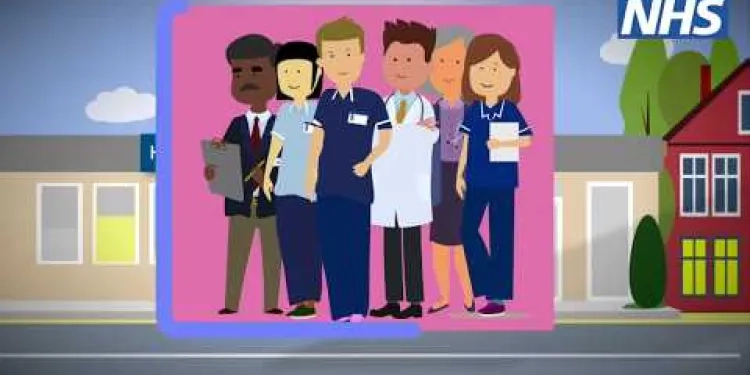
Animation - Primary care and NHS 111
Relevance: 100%
-
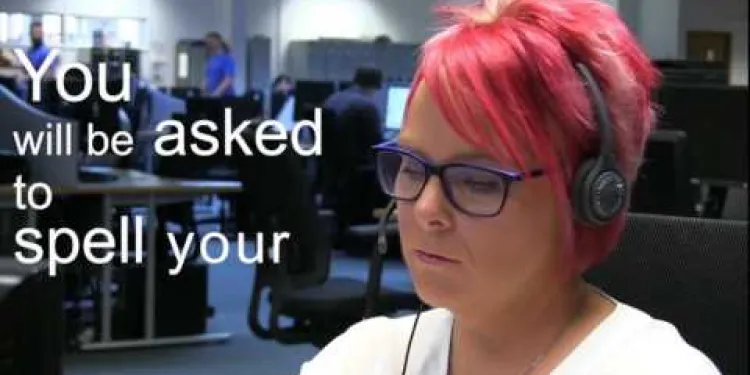
NHS 111 An Inclusive Service
Relevance: 53%
-
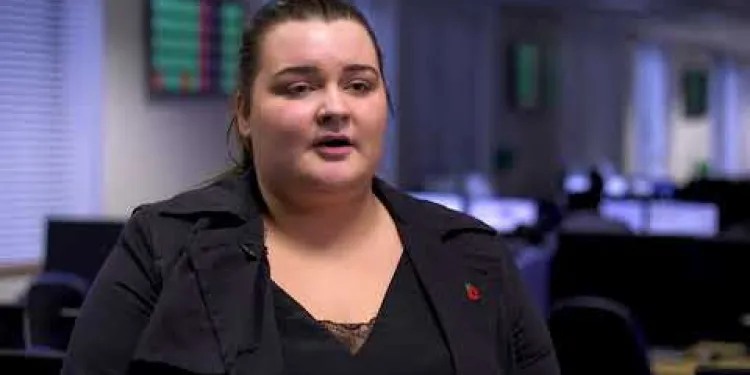
NHS 111 health adviser - Annabelle Carson
Relevance: 47%
-
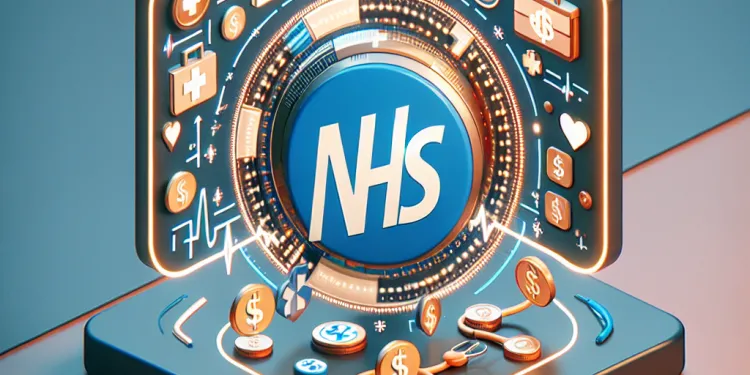
Personal Health: Navigating the NHS for Efficient Care
Relevance: 39%
-
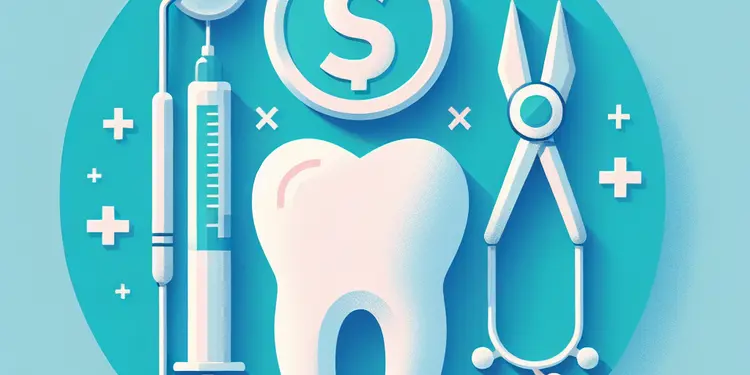
Do I need to be a registered patient to get emergency NHS dental care?
Relevance: 37%
-
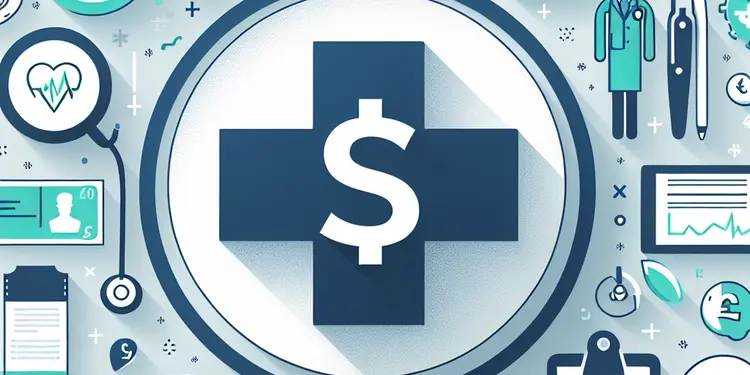
Are there opportunities for specialization in primary care support?
Relevance: 37%
-

How important is communication in primary care support?
Relevance: 35%
-
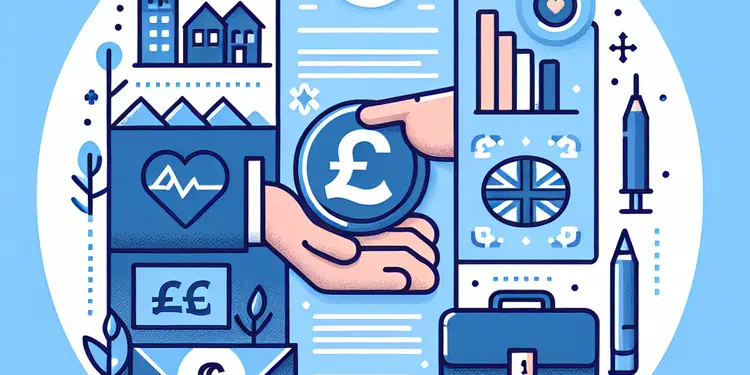
Is mentorship available for primary care support workers?
Relevance: 34%
-
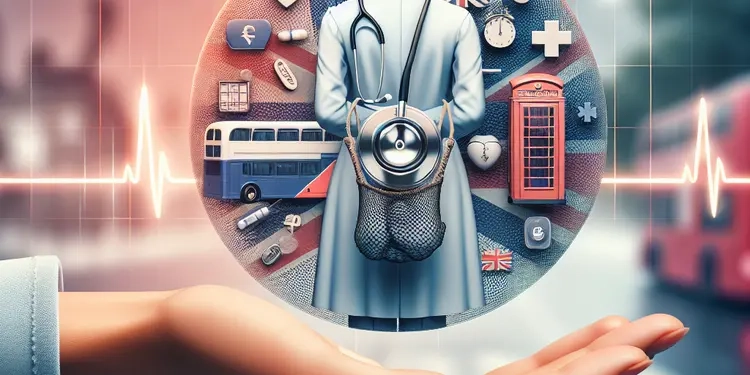
What help is available to primary care support workers?
Relevance: 34%
-
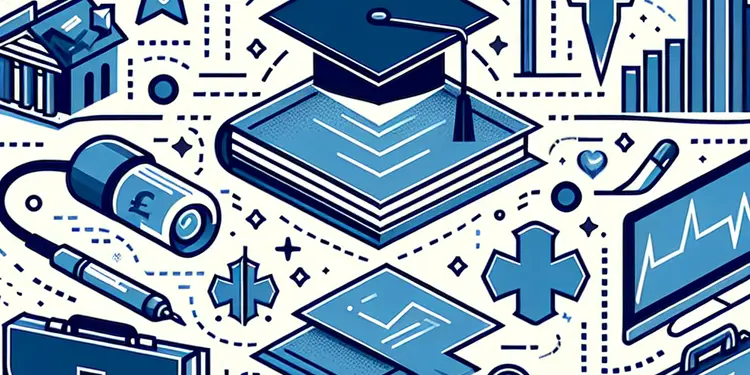
Are there academic courses for aspiring primary care support workers?
Relevance: 34%
-
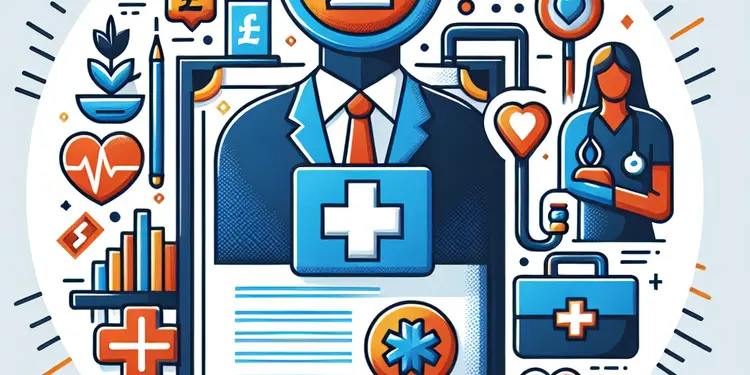
Is certification necessary for primary care support workers?
Relevance: 34%
-
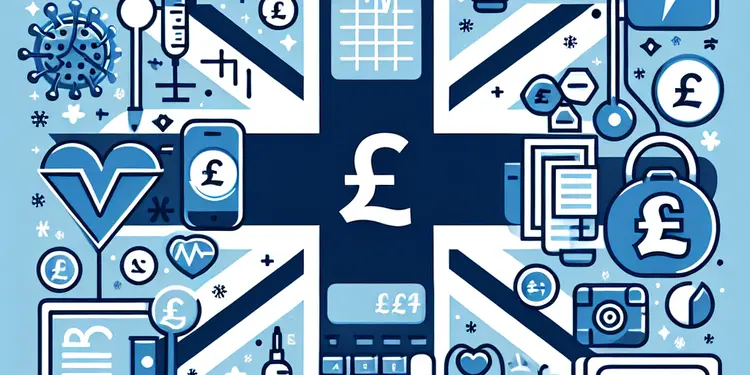
How can I improve my skills in primary care support?
Relevance: 33%
-

What types of training are available for primary care support workers?
Relevance: 33%
-
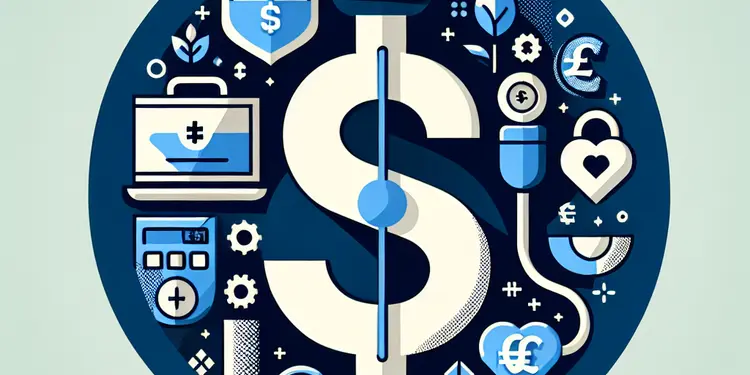
How can primary care support workers contribute to patient care improvement?
Relevance: 33%
-
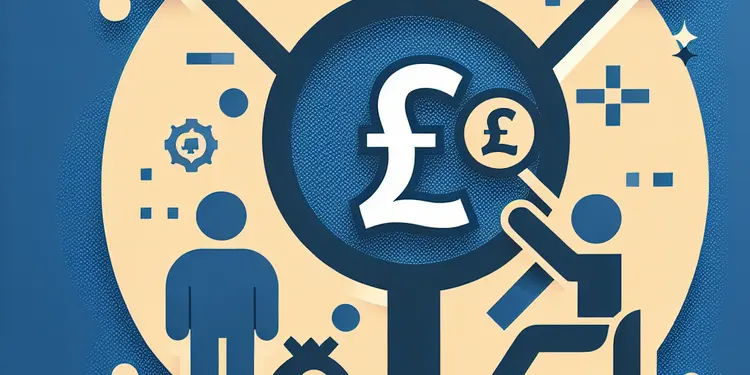
Can primary care support workers access mental health support?
Relevance: 32%
-
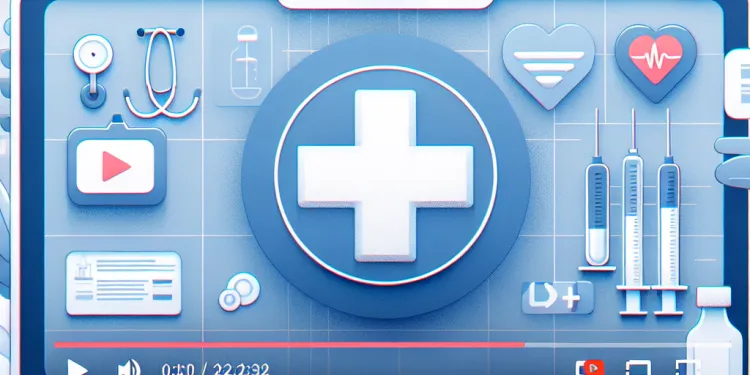
Understanding the NHS: How to Access Services
Relevance: 32%
-
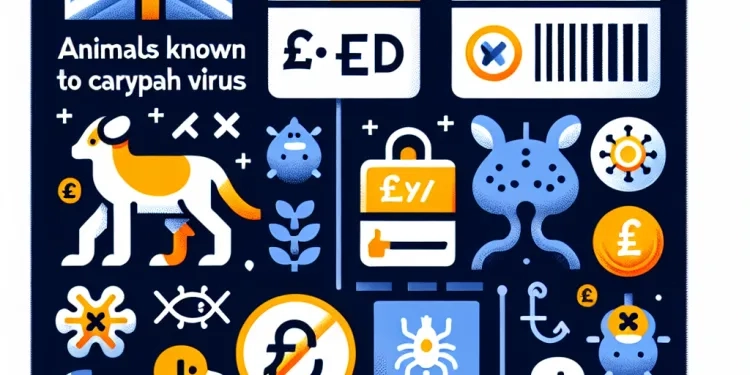
Which animals are known to carry Nipah Virus?
Relevance: 30%
-
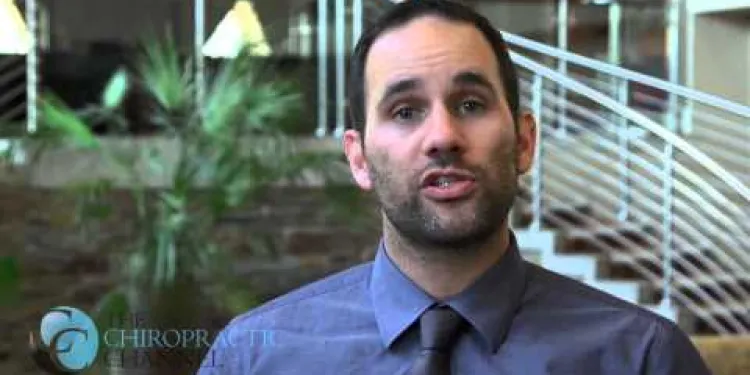
Chiropractic Care on the NHS
Relevance: 30%
-

How can I advance my career as a primary care support worker?
Relevance: 30%
-
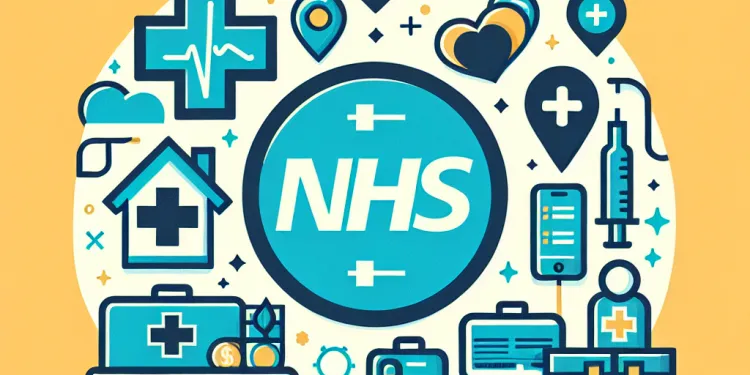
Navigating the NHS: Essential Information for Families
Relevance: 29%
-
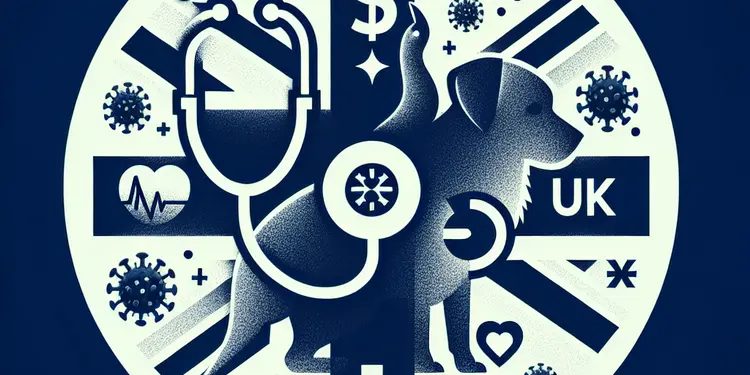
Can animals be infected with H3N2?
Relevance: 29%
-
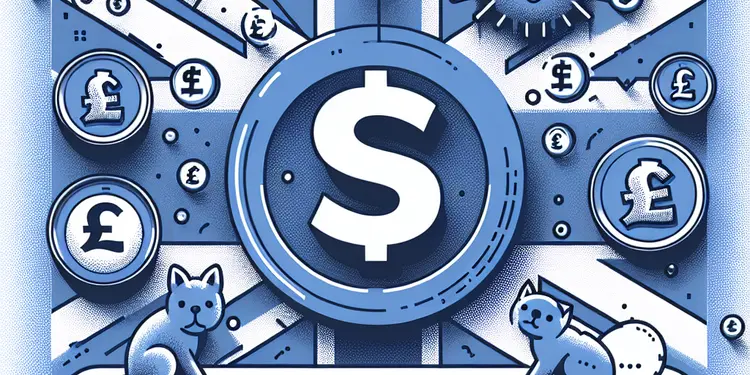
Can animals spread scabies to humans?
Relevance: 29%
-

Is there an NHS app for managing prostate cancer care?
Relevance: 28%
-
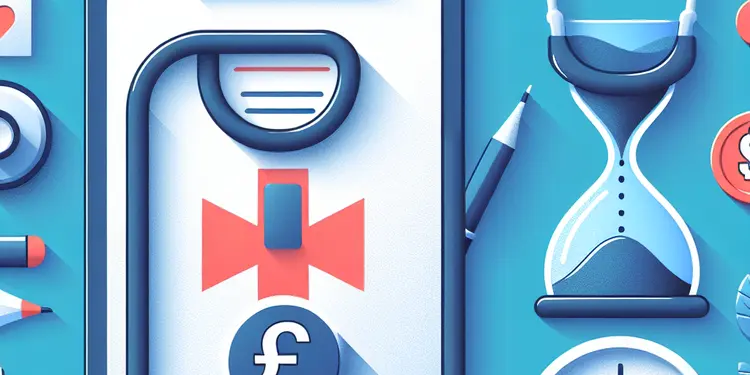
What are the common challenges faced by primary care support workers?
Relevance: 28%
-
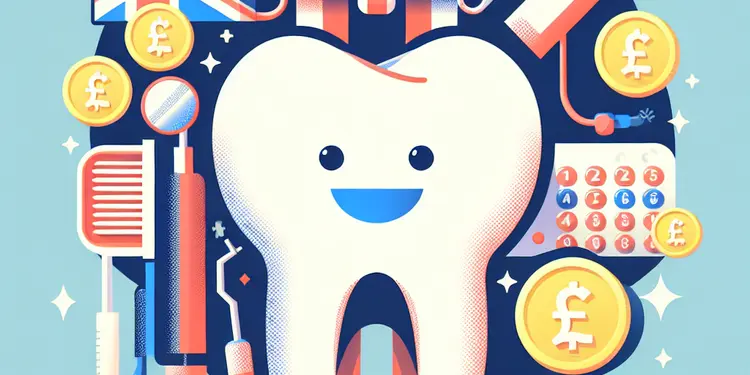
Can children get free NHS dental care?
Relevance: 28%
-
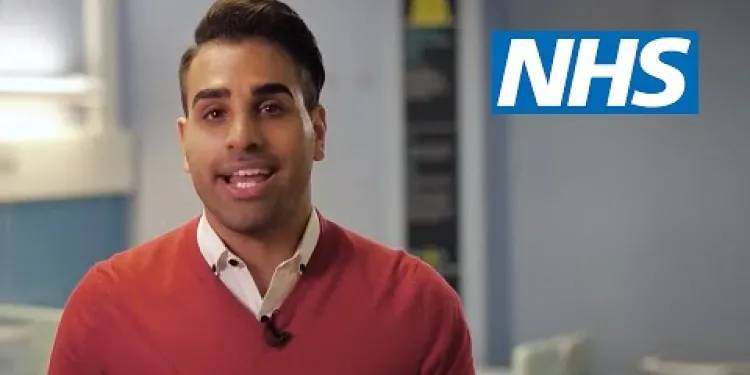
Caring for a child with fever | NHS
Relevance: 28%
-
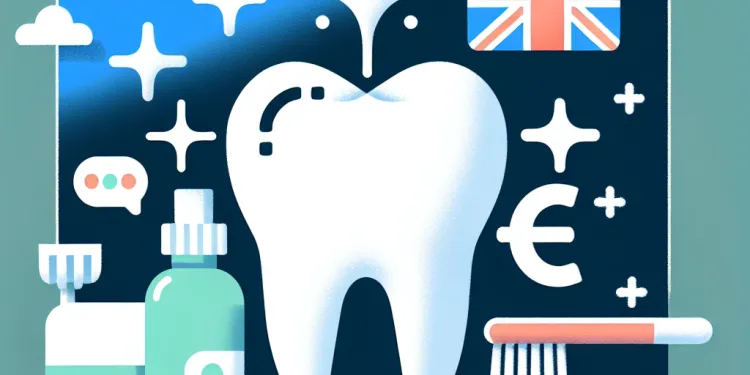
How do I know if I'm eligible for free NHS dental care?
Relevance: 28%
-

Can I get an emergency NHS dental appointment?
Relevance: 28%
-

Can animals get Super Flu?
Relevance: 28%
-

Can I get a dentist appointment on the NHS?
Relevance: 26%
-
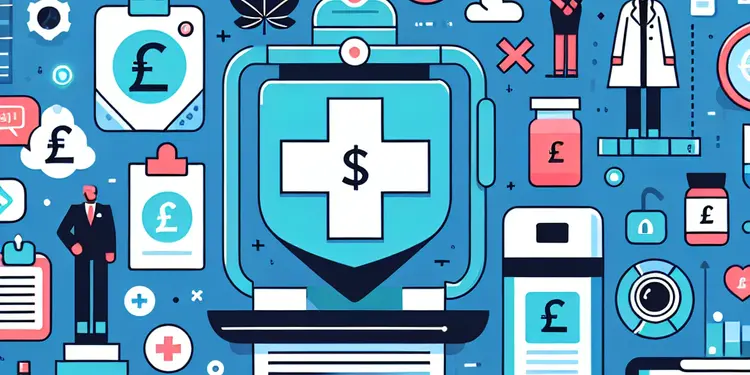
Are there professional organizations for primary care support workers?
Relevance: 26%
-
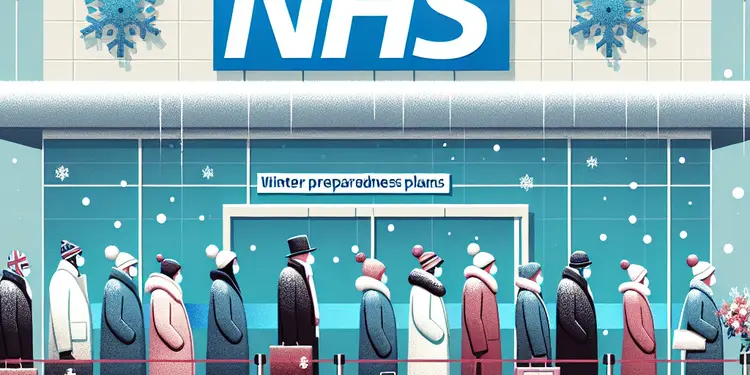
NHS Winter Preparedness Plans Unveiled Amid Rising Seasonal Pressures
Relevance: 24%
-
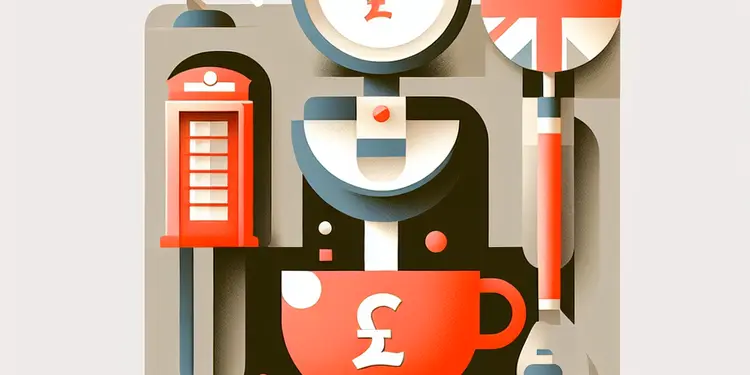
How can I provide feedback about my NHS dental care?
Relevance: 24%
-

How can I find an NHS dentist for an appointment?
Relevance: 24%
-
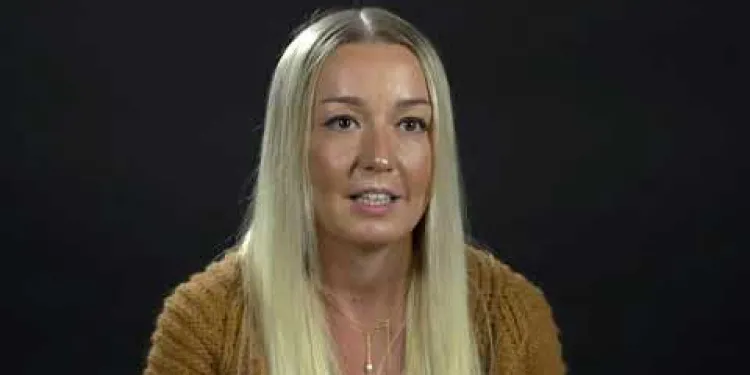
NHS Acute Care Anaphylaxis
Relevance: 23%
-
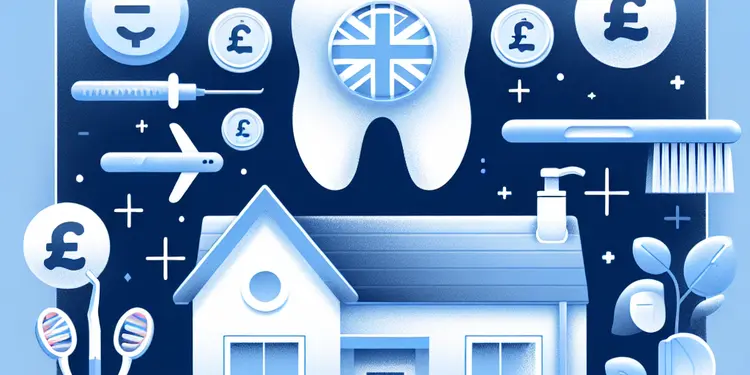
What should I do if my NHS dentist's practice closes?
Relevance: 23%
-

How can primary care support workers handle workload stress?
Relevance: 22%
-
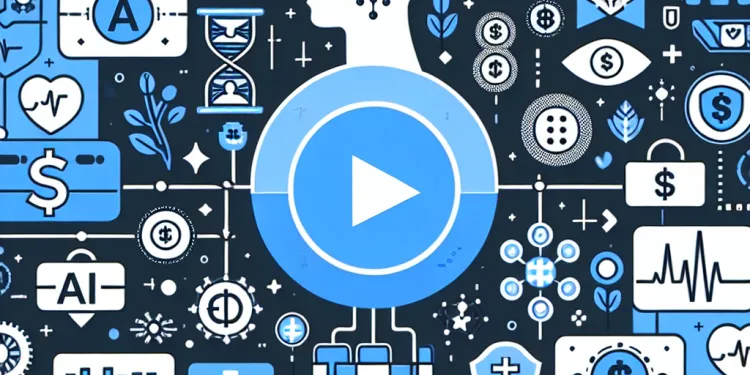
What areas of the NHS are using AI in 2024?
Relevance: 22%
-
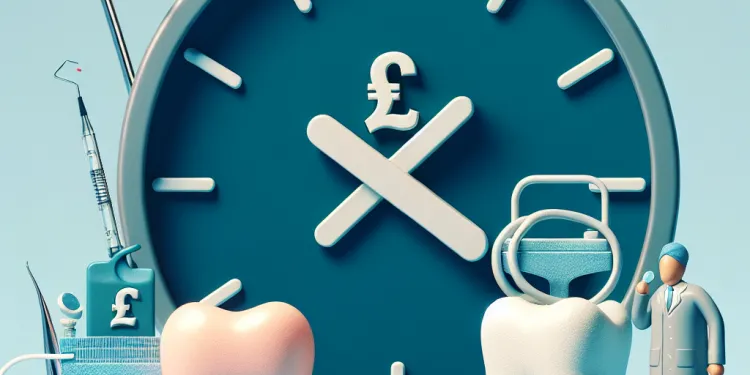
How long will I have to wait for an NHS dental appointment?
Relevance: 22%
-
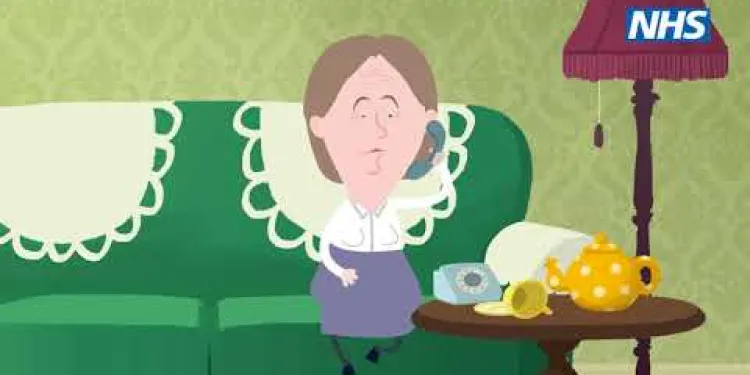
West Midlands LEHN Animated Video on Eye Health
Relevance: 21%
Animation - Primary Care and NHS 111
What is Primary Care?
Primary care refers to the day-to-day healthcare given by a health care provider. Typically, this person acts as the first point of consultation for all patients. Primary care providers include general practitioners (GPs), community pharmacists, dentists, and optometrists. These professionals play a crucial role in the NHS, offering preventive measures, diagnosis, and management of various medical conditions.
Understanding NHS 111
NHS 111 is a free, non-emergency medical helpline in the United Kingdom designed to make it easier for patients to access urgent healthcare services. Available 24 hours a day, 7 days a week, you can call NHS 111 when you need medical advice, but it is not a 999 emergency. The service is staffed by a team of fully trained advisors, supported by healthcare professionals, who will ask some questions to assess your symptoms and immediately direct you to the best service for your condition.
Benefits of Using NHS 111
By utilising NHS 111, you can avoid unnecessary trips and waits in A&E, helping reduce the burden on emergency services. The service can book appointments, offer self-care advice, or refer you to suitable local services, such as an out-of-hours doctor or a pharmacist. Often, they can dispatch an ambulance if the situation warrants it. NHS 111 aims to ensure you receive appropriate care promptly, improving health outcomes and patient satisfaction.
The Role of Animation in Healthcare Education
Animation can play a significant role in educating patients about primary care and the NHS 111 service. Animated videos can simplify complex concepts, making them more accessible and understandable. For instance, a short animation explaining how to use NHS 111, what to expect during the call, and what services you may be directed to can demystify the process, encouraging more people to use the service when appropriate.
Conclusion
Understanding primary care and NHS 111 is vital for making informed decisions about your health. Introducing animation as a tool for education can enhance awareness and accessibility, ensuring that people in the UK are well-informed and better prepared to use these essential services effectively.
Animation - Primary Care and NHS 111
What is Primary Care?
Primary care is the basic health help you get from doctors or nurses. These people are the first ones you see when you are not feeling well. Primary care includes doctors, pharmacists, dentists, and eye doctors. They help keep you healthy and treat illnesses in the NHS.
Understanding NHS 111
NHS 111 is a free phone number you can call if you need medical help but it is not an emergency. It is available all the time, day and night. You can call NHS 111 if you are not sure what to do about a health problem. The person on the phone will ask questions about how you feel and tell you what to do next.
Benefits of Using NHS 111
Calling NHS 111 can save you time and keep you away from busy places like A&E. They can make appointments for you, give advice, or tell you where to get help nearby. If needed, they can send an ambulance. NHS 111 helps make sure you get the right care quickly.
The Role of Animation in Healthcare Education
Animation can help explain health topics better. Videos with animation can make hard ideas simple and easy to understand. For example, a video about how to use NHS 111 can show what happens during the call and where you might be sent for help. This can help more people use the service when they need to.
Conclusion
It is important to know about primary care and NHS 111 to make good health choices. Using animation to teach can help people understand and use these health services better.
Frequently Asked Questions
What is NHS 111?
NHS 111 is a free-to-call medical helpline in the UK that provides urgent medical advice and information about healthcare services.
When should I use NHS 111 instead of going to A&E?
Use NHS 111 if you need medical help fast but it's not a 999 emergency. It can also be used for urgent medical advice when your GP isn't available.
Can I call NHS 111 for non-urgent medical advice?
Yes, NHS 111 can also provide advice for non-urgent medical issues and help you find the right healthcare service.
Is the NHS 111 service confidential?
Yes, all information provided to NHS 111 is confidential and will only be shared with other healthcare services with your consent.
What types of medical professionals answer NHS 111 calls?
NHS 111 calls are answered by trained advisers, supported by healthcare professionals like nurses and paramedics.
What information should I have ready when calling NHS 111?
Be prepared to provide your personal details, symptoms, any existing medical conditions, and medication you are currently taking.
Can NHS 111 prescribe medication?
NHS 111 advisers can arrange for a prescription if needed, usually by directing you to a suitable healthcare provider.
How do NHS 111 and primary care services work together?
NHS 111 can refer you to when they judge necessary to primary care services like your GP or community healthcare teams for continued care.
Is NHS 111 available 24/7?
Yes, NHS 111 is available 24 hours a day, 7 days a week, including public holidays.
Can NHS 111 help with mental health crises?
Yes, NHS 111 can provide support and advice for mental health crises and direct you to appropriate services.
How does NHS 111 online work?
NHS 111 online provides an easy way to get healthcare guidance and advice through an online questionnaire available on their website.
Can I use NHS 111 if I am visiting the UK?
Yes, NHS 111 is available to anyone in the UK, including visitors, who need urgent medical advice or information about local healthcare services.
What should I do if I am unsure whether to call NHS 111 or 999?
Call 999 in an emergency, such as when someone is seriously ill or injured and their life is at risk. For less urgent issues, call NHS 111.
Can NHS 111 arrange medical transport?
Yes, if the adviser determines that you need to go to a healthcare facility and cannot use other means of transport, they may arrange medical transport for you.
How can I give feedback about my NHS 111 experience?
You can provide feedback directly through the NHS 111 service or by contacting your local NHS organization. Details for this are often provided during or after your call.
What is NHS 111?
NHS 111 is a phone number you can call if you feel unwell or have a question about your health. You can call it if it is not an emergency. They will help you know what to do next. You can also visit the NHS 111 website for help.
You might want to have a friend or family member with you when you call. They can help you understand the information. You can use a notebook to write down what NHS 111 tells you.
Call NHS 111 for free if you need help with a health problem. They can give you advice and tell you about health services in the UK.
When should I call NHS 111 instead of going to A&E?
If you feel unwell and are not sure what to do, you can call NHS 111. They can help you when it is not an emergency. You can call NHS 111 if:
- You need medical help quickly but it is not life-threatening.
- You don't know who to call or where to go for medical help.
- You need advice on what to do next.
Call NHS 111 for guidance. They can tell you where to go or what to do. You can also use the NHS 111 website for online help.
If you need help from a doctor fast, but it is not an emergency, call NHS 111. You can also call NHS 111 if you need advice from a doctor and your regular doctor is not there.
Can I call NHS 111 if it is not an emergency?
Yes, you can call NHS 111 if you feel sick but it is not an emergency. You can talk to a nurse or a doctor. They can help you know what to do next.
If you find talking on the phone difficult, you can use Text Relay. This helps people who cannot hear well.
You can also visit the NHS 111 website for help. They have a chat service where you can type and get advice.
Yes, you can call NHS 111 for help with health problems that are not emergencies. They can help you find the right doctor or nurse.
Can anyone else know about my call to NHS 111?
When you call NHS 111, they keep your call private. This means they do not tell anyone else what you talked about. It is a secret between you and them.
If you have questions, ask someone you trust. You can also use simple tools like pictures or videos to understand more about your call.
Yes, the information you give to NHS 111 is private. They will only share it with other health services if you say it's okay.
Who answers the phone when you call NHS 111?
When you call NHS 111, different medical helpers talk to you. These helpers can be nurses, doctors, or other health helpers. They help you know what to do when you feel unwell.
You can use a friend or maybe pictures to help you understand better. You can also ask people to explain things if it gets confusing. It's important to listen carefully and keep calm.
When you call NHS 111, you will talk to advisers who are trained to help you. They have help from health experts like nurses and paramedics.
What do I need to know when I call NHS 111?
When you call NHS 111, have this ready:
- Your name and date of birth.
- Your address or location.
- Why you are calling – what is wrong or how you are feeling.
- Any medicines you take.
- Any health problems you have.
Use paper and pen to write these things down before you call. This helps you remember things.
Get ready to share your personal details. Tell them about how you feel and any health problems you have. Also, say what medicine you take now.
Can NHS 111 give you medicine?
When you call NHS 111, the advisers can help you get medicine if you need it. They will tell you where you can go to see a doctor or nurse who can give you a prescription.
How do NHS 111 and primary care services work together?
NHS 111 and primary care services are here to help you when you feel unwell.
NHS 111 is a phone service. You call 111 when you need medical help but it is not an emergency.
Primary care includes services like your family doctor (GP) or a local health clinic.
Working together:
- When you call NHS 111, they give you advice. If needed, they might tell you to see your GP or another service.
- NHS 111 can help book an appointment with your GP for you.
- This teamwork helps you get the right care quickly.
Tips for using the services:
- Keep a list of your medicines ready when you call.
- You can ask a family member or friend to help you call.
- If you are unsure, it is okay to ask questions.
If you call NHS 111, they can help you get the care you need. They might send you to see your regular doctor or another health team if you need more help.
Can you call NHS 111 at any time?
Yes, you can call NHS 111 any time of the day or night. It is open 24 hours, every day. If you need medical help, you can call whenever you want.
It might be helpful to:
- Have someone with you to help make the call.
- Write down any important questions before calling.
Yes, you can call NHS 111 any time. It is open all day and all night, every day, even on holidays.
Can NHS 111 help if you are having a mental health emergency?
Yes, you can call NHS 111 if you need help with your feelings. They will listen and tell you what to do next.
How does NHS 111 online work?
NHS 111 online is a website to help you when you feel unwell. You can use it on your phone, tablet, or computer. It is available all the time, day and night.
You answer questions about how you feel. The website gives you advice on what to do next. It might tell you to rest, see a doctor, or call for help.
If you need help reading, ask someone to help you with the questions. You can also use a screen reader that reads the words out loud.
Remember, NHS 111 online is here to help you.
NHS 111 online is a simple way to get help with health questions. You answer questions on their website.
Can I call NHS 111 if I am visiting the UK?
Yes, you can call NHS 111 if you are visiting the UK and need medical help. NHS 111 is a free phone service. You can call if you feel unwell or have a health problem, but it is not an emergency.
If you find it hard to make phone calls, you might want to ask someone to help you. You can also use the NHS 111 website for advice and information.
Yes, NHS 111 is for everyone in the UK. This means people who live here and people who are visiting. You can call NHS 111 if you need quick help from a nurse or doctor. You can also get information about health services near you.
What do I do if I don’t know to call NHS 111 or 999?
If you are hurt or feel sick, and you don't know who to call, here is what you can do:
- Call NHS 111 if you need help fast but it's not an emergency. They can tell you what to do.
- Call 999 if it's an emergency and you need help right away. For example, if someone is really hurt or having trouble breathing.
Ask someone you trust to help you if you are not sure. Keep a list of important numbers to call. You can use a picture or symbol to help you remember.
Practice what to say when you call. This will make it easier next time.
If there is an emergency and someone is very sick or hurt, call 999. If it is not urgent, you can call NHS 111 for help.
Can NHS 111 help with getting to the doctor?
If you need to see a doctor and can't get there, NHS 111 might be able to help.
You can call NHS 111 for advice. They are friendly and can tell you what to do. If you need a ride because you are too sick to go by yourself, they might help you get to the doctor.
If you find reading hard, ask someone to read this with you or listen to the words on a reading device.
Yes, if the adviser thinks you need to go to a hospital and you can't get there on your own, they might set up a special ride for you.
How can I tell someone about my NHS 111 experience?
Did you call NHS 111? Do you want to say what you liked or did not like? Here’s how you can share:
- Talk to someone: Ask a friend or family member to help you share your thoughts.
- Write it down: Write a short note about your experience and give it to someone at NHS.
- Use a computer or phone: Visit the NHS website and look for a feedback section. They might have an online form.
It's important to speak up so NHS can help people better!
You can tell NHS 111 what you think about their service. You can also talk to your local NHS group. They usually tell you how to do this when you call them or after your call.
Useful Links
This website offers general information and is not a substitute for professional advice.
Always seek guidance from qualified professionals.
If you have any medical concerns or need urgent help, contact a healthcare professional or emergency services immediately.
Some of this content was generated with AI assistance. We’ve done our best to keep it accurate, helpful, and human-friendly.
- Ergsy carfully checks the information in the videos we provide here.
- Videos shown by Youtube after a video has completed, have NOT been reviewed by ERGSY.
- To view, click the arrow in centre of video.
- Most of the videos you find here will have subtitles and/or closed captions available.
- You may need to turn these on, and choose your preferred language.
- Go to the video you'd like to watch.
- If closed captions (CC) are available, settings will be visible on the bottom right of the video player.
- To turn on Captions, click settings .
- To turn off Captions, click settings again.
More Items From Ergsy search
-

Animation - Primary care and NHS 111
Relevance: 100%
-

NHS 111 An Inclusive Service
Relevance: 53%
-

NHS 111 health adviser - Annabelle Carson
Relevance: 47%
-

Personal Health: Navigating the NHS for Efficient Care
Relevance: 39%
-

Do I need to be a registered patient to get emergency NHS dental care?
Relevance: 37%
-

Are there opportunities for specialization in primary care support?
Relevance: 37%
-

How important is communication in primary care support?
Relevance: 35%
-

Is mentorship available for primary care support workers?
Relevance: 34%
-

What help is available to primary care support workers?
Relevance: 34%
-

Are there academic courses for aspiring primary care support workers?
Relevance: 34%
-

Is certification necessary for primary care support workers?
Relevance: 34%
-

How can I improve my skills in primary care support?
Relevance: 33%
-

What types of training are available for primary care support workers?
Relevance: 33%
-

How can primary care support workers contribute to patient care improvement?
Relevance: 33%
-

Can primary care support workers access mental health support?
Relevance: 32%
-

Understanding the NHS: How to Access Services
Relevance: 32%
-

Which animals are known to carry Nipah Virus?
Relevance: 30%
-

Chiropractic Care on the NHS
Relevance: 30%
-

How can I advance my career as a primary care support worker?
Relevance: 30%
-

Navigating the NHS: Essential Information for Families
Relevance: 29%
-

Can animals be infected with H3N2?
Relevance: 29%
-

Can animals spread scabies to humans?
Relevance: 29%
-

Is there an NHS app for managing prostate cancer care?
Relevance: 28%
-

What are the common challenges faced by primary care support workers?
Relevance: 28%
-

Can children get free NHS dental care?
Relevance: 28%
-

Caring for a child with fever | NHS
Relevance: 28%
-

How do I know if I'm eligible for free NHS dental care?
Relevance: 28%
-

Can I get an emergency NHS dental appointment?
Relevance: 28%
-

Can animals get Super Flu?
Relevance: 28%
-

Can I get a dentist appointment on the NHS?
Relevance: 26%
-

Are there professional organizations for primary care support workers?
Relevance: 26%
-

NHS Winter Preparedness Plans Unveiled Amid Rising Seasonal Pressures
Relevance: 24%
-

How can I provide feedback about my NHS dental care?
Relevance: 24%
-

How can I find an NHS dentist for an appointment?
Relevance: 24%
-

NHS Acute Care Anaphylaxis
Relevance: 23%
-

What should I do if my NHS dentist's practice closes?
Relevance: 23%
-

How can primary care support workers handle workload stress?
Relevance: 22%
-

What areas of the NHS are using AI in 2024?
Relevance: 22%
-

How long will I have to wait for an NHS dental appointment?
Relevance: 22%
-

West Midlands LEHN Animated Video on Eye Health
Relevance: 21%


